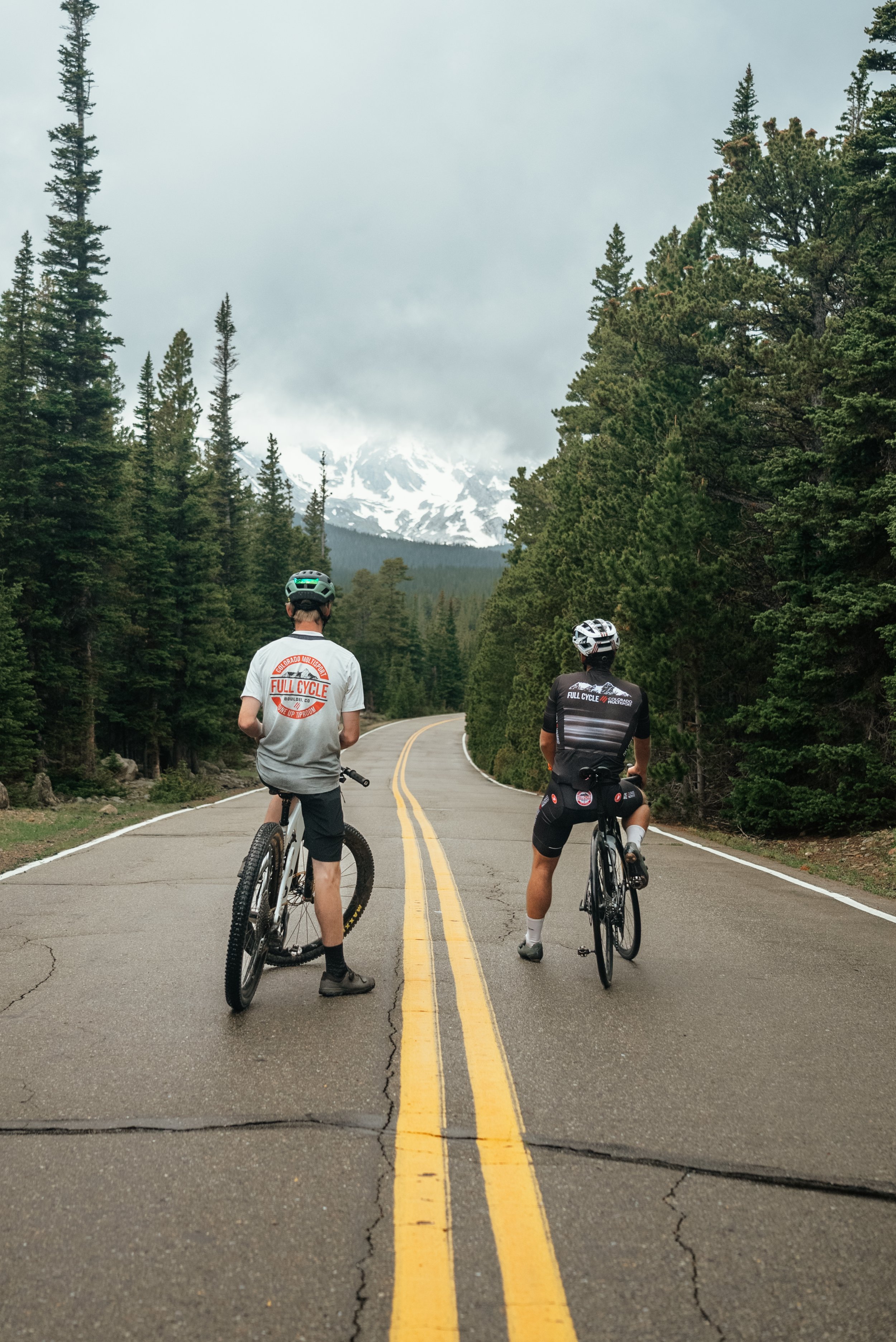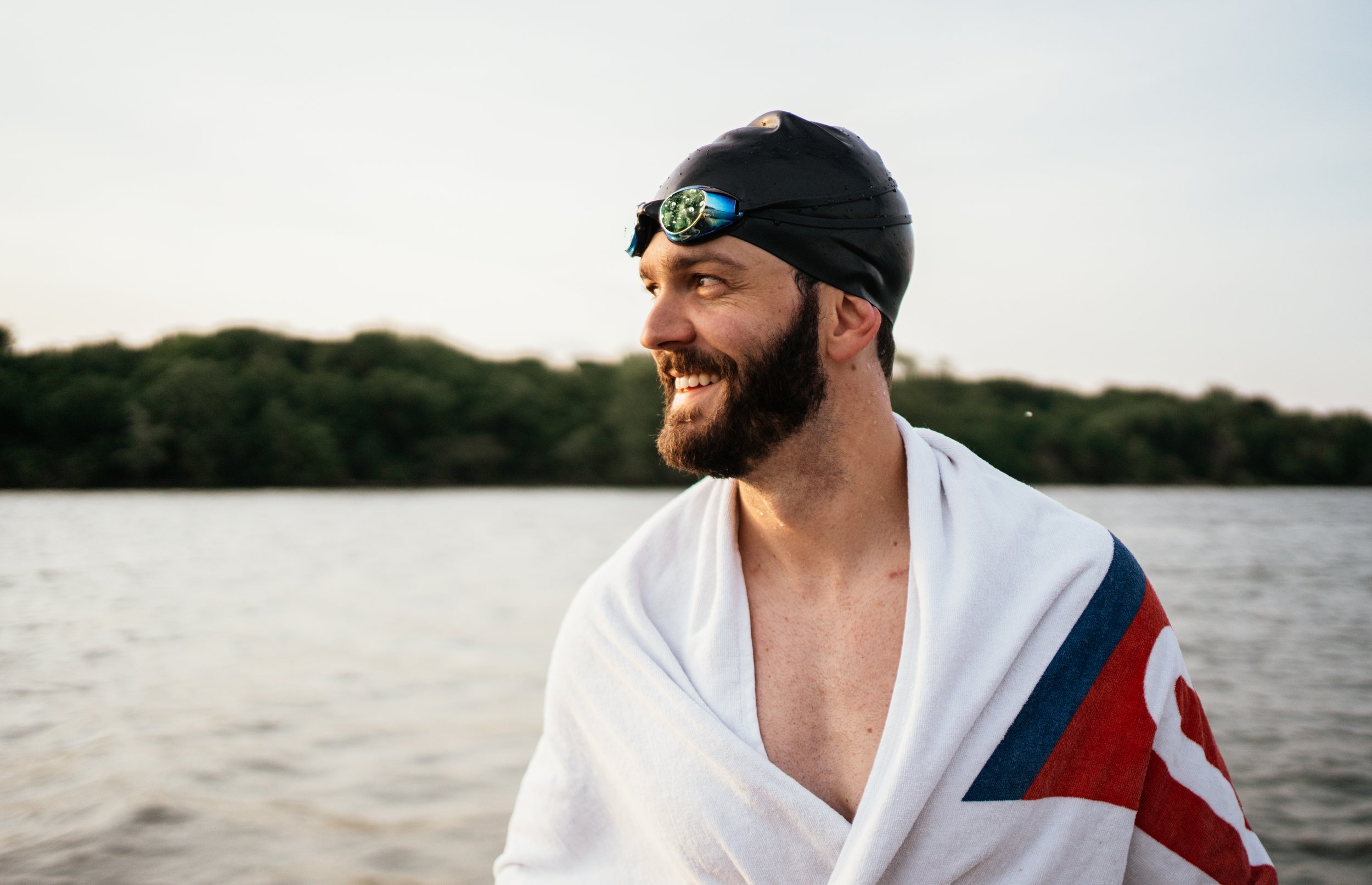Making Films vs. Taking Videos
I’ve been feeling like I haven’t been creating my best work over the past couple months…
It’s a sentiment that most of us that decide to monetize our passion may experience. Although it may seem like the reality of my job is that I’m traveling to far flung destinations and filming passionate individuals in the outdoors, that’s just a small part of it. For the most part, I work a desk job in my home office. So, as a result, sometimes I have to force creativity between the hours of 9-5pm… and it doesn’t always happen to the best of my ability.
My days are spent in pre-production or post-production for a variety of projects. Because of the longer form documentary storytelling projects that I’m interested in creating, I’m never really working on just one thing. For example, I may be coordinating with a character on when they may be available to film again for one documentary while in the middle the editing process on another.
And, amidst that, I’ve come to a bit of a realization on my process...
I enjoy making films, not taking videos.
I’ve always enjoyed doing all parts of the filmmaking process.
I first started making GoPro videos in high school but in the first half of college, editing is what got me super stoked to wake up in the morning. My first paid projects were as a drone operator, since I got my drone license in 2017, when the cost of drones became achievable for young freelancers like myself. I found myself working as a stills photographer on larger productions in Denver before settling into Boulder doing what I do now, storytelling projects with brands.
I wanted to go through that history because all of those experiences, and the skillsets I was able to hone along the way, didn’t really set me up for success in any one discipline. However, since I began filming stuff in 2014 with the intention of sharing it with others, I always loved storytelling. I want to make films that speak to people, that bring a smile to their face or wonder to their eyes. Even when I was monetizing other aspects of the filmmaking process (like being an assistant for Tiger King and other Netflix documentaries), I was chugging away in the background, silently working on making my own films. I didn’t want to just take videos, I wanted to make films.
I wanted to get better at telling stories and make people feel things.
“I’ve learned that people will forget what you said, people will forget what you did, but people will never forget how you made them feel.”
So, that’s the journey I’m on now. How do I make people feel things?
Do I need to better editor? Should I be telling more extreme stories or stories closer to home? Am I limiting myself only telling stories in the outdoor industry? How do I overcome my bias as an able-bodied straight white male when telling stories in the BIPOC, LGBTQIA* or disabled communities? Should I be trying to find bigger budgets to hire more people so I don’t have to do every stage of the process myself?
This year, I’ve declined more projects than I’ve accepted, and the reason is that I want to only focus my energy in my job on developing the skills that allow me to create more memorable films. These skills, like any other, are mostly just honed with experience and time. I strongly believe that the more opportunities I get to experiment with different types of stories, the better I can become.
My films that are the most well-received right now range wildly in theme. The Goat Surf Club, is about me and my two friends meeting up with environmentalists on surf trips. The Summit Within is about a group of wounded, injured and sick veterans who use nature as a form of recovery as they embark on an expedition in the Great Sand Dunes of Colorado.
Canopy Climbers is about tree climbing in Costa Rica. Unseen Peaks is about a blind woman who skis, ice climbs and rock climbs as a way to find freedom and overcome trauma in the outdoors. The Crossing is about a professional mountain biker who crashes amidst a big campaign for a bike company and has to deal with the physical and emotional repercussions of the crash.
Each one of these projects pushes me in its own way. The Summit Within was a week long shoot and talking with individuals about incredibly sensitive subject matter. I cried nearly everyday of the shoot while interviewing these veterans and had to try to communicate the emotion that we felt on this expedition in the editing room. Canopy Climbers pushed me physically as I’m not a great technical roped climber and needed to ascend these giant strangler figs to get in the right position. Unseen Peaks began as a ski film and eventually transformed into a full fledged documentary project about Addie’s experience being discriminated against because of her blindness.
Looking forward, I just hope that I can continue to gain lessons in not just capturing a video - but in sharing stories that matter. Taking videos is just the beginning. The films that truly leave a lasting impact on people are born from a combination of learned empathy, dedication, and my passion as a filmmaker.
Want to Connect?
Roo is a commercial/documentary filmmaker and photographer based in Boulder, Colorado but travels all around the world for his filmmaking career. He has directed documentaries for Patagonia in California, produced films for Outside Magazine throughout Europe and Africa, camera operated for Netflix in the Rocky Mountain West, photographed among indigenous communities in South America, and has received notable recognition in his hometown of Orcas Island in Washington State for his work telling uplifting stories in the outdoor space.






